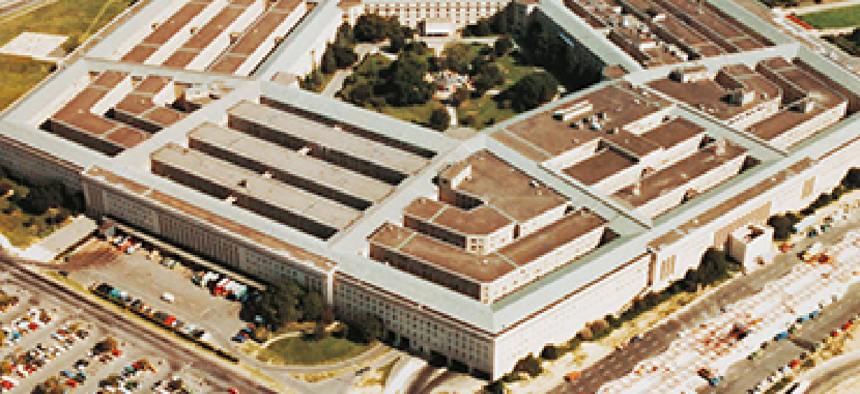Why the transition team needs to get moving at DOD

External and internal risks abound, and experts warn that "they’re not going to have time to fill the ranks before they're going to have to start dealing with these challenges."

After a week of delays caused by transition team shakeups, President-elect Donald Trump's "landing teams" were set to begin meeting with top federal agencies on Nov. 17. And for the Defense Department in particular, those discussions can't start soon enough.
"We have a Defense Department that has an overwhelming challenge of modernizing, rebuilding and posturing for the future -- all of this happening at the same time," said Sharon Burke, who served as DOD's first assistant secretary for operational energy.
China, Russia, Venezuela and Pakistan all seem poised to destabilize U.S. interests in the coming weeks and months, and all branches of the military "have been tapped out pretty heavily over the last 15 years," she added during a National Academy of Public Administration panel on managing security crises during the change of administrations.
"All of that at once is just an overwhelming management challenge," said Burke, who is now a senior adviser to the think tank New America.
She was joined on the panel by former DOD Comptroller Robert Hale, former Principal Deputy Undersecretary of Defense for Personnel and Readiness Michael Dominguez and former Undersecretary of Defense for Personnel and Readiness David Chu. All echoed her concerns and said the Trump team faces a daunting learning curve.
"Hostile takeovers are always hostile," quipped Dominguez, who now directs the Strategy, Forces and Resources Division at the Institute for Defense Analyses. "Even friendly takeovers are hostile." So the first order of business "will be convincing this particular incoming team...that the federal civil service is apolitical, that it exists to serve the president, whatever the president's party or policies are."
Burke agreed. "I think it's really normal for a new administration, especially after a party change, to have some hostility to the career professionals and to see them as a legacy item of the last administration with questionable loyalties," she said. "But in this case, they're going to need those people to help them execute what they want to do. So I hope that will convince them that career folks are career."
The learning curve in the cyber domain could prove particularly steep, panelists said -- in part because even the career officials and uniformed officers are still finding their way in those areas.
"I think DOD is moving toward it with Cyber Command, and they're trying to hire the right people," Hale said. "Are they there yet? No. But I think the Department of Defense…has an apparatus, a size, an ability to move resources that many of our other agencies don't have."
Chu concurred, adding, "I am actually impressed with the degree of talent that is there as a whole." But whether that talent is "properly organized" is a different question.
Dominguez, however, said the workforce challenges are more significant. "The nature of war has changed," he added, and "we have not grappled with the personnel management systems that need to be in place to deliver" the professionals that today's DOD needs.
"I know how to build a Marine," he said, because that process has been steadily refined since World War II. "But I don't think that's the right way that generates the optimum cyber warrior."
Chu also said that centralizing cyber capabilities in Defense and intelligence agencies can be problematic when the threats spill into the domestic space. Too often, "the military is the only hammer we have," and when it comes to cybersecurity and homeland security, "we are not getting very helpful answers to those questions."
Burke, meanwhile, raised a cyber issue that could prove particularly tricky for the Trump administration. The president-elect wants to reset the U.S./Russia relationship, she said, but "that's not going to change the fact that [the Russian government] apparently conducted a destabilizing operation in the United States aimed at our election process."
"It's easy to say that's an act of war," Burke said. "And what's a proportionate response is a really excellent question. Whatever the next president feels about Russia, that's still a question he's going to have to answer...because you will be setting a precedent in terms of whatever you decide to do and not do."
And Trump's team members need to realize that "they're not going to have time to fill the ranks before they're going to have to start dealing with these challenges."
NEXT STORY: Surprises in store for political appointees


